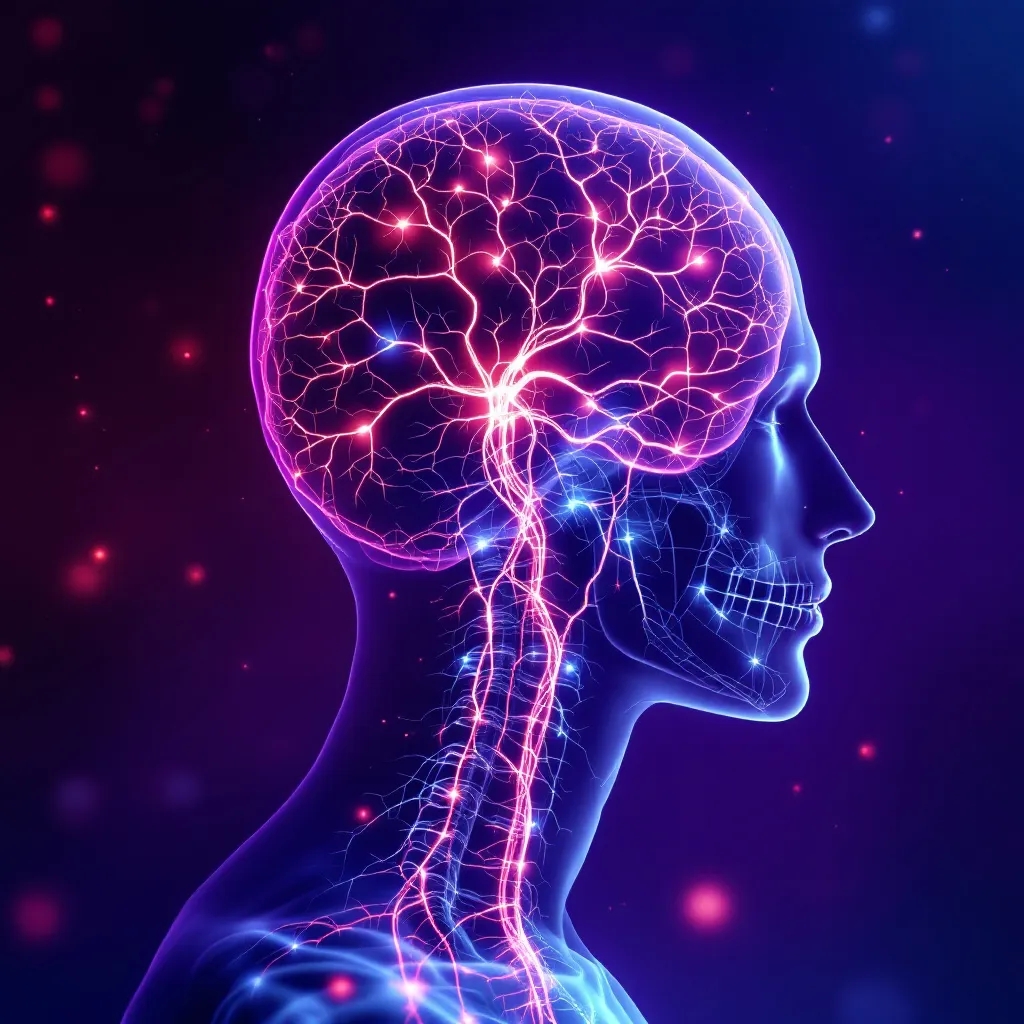About the Disease
Multiple Sclerosis (MS) is an autoimmune and neurodegenerative disorder. The body’s immune system attacks myelin, the protective sheath around nerve fibers in the brain and spinal cord. This causes symptoms like muscle weakness, impaired coordination, fatigue, vision problems, numbness, and over time can lead to disability. Stem cell therapy in MS aims to either reset the immune system (so it stops attacking myelin) or promote repair of nerve damage (remyelination) and reduce ongoing neurodegeneration.
Institutes / Trials Offering Stem Cell Therapy for MS
Bergen MS Research Group, University of Bergen – Bergen, Norway
- Trial name: SMART-MS – using autologous bone-marrow derived mesenchymal stem cells (MSCs) injected intrathecally in patients with progressive MS. It is a randomized, placebo-controlled crossover pilot trial. Universitetet i Bergen
Mayo Clinic – Center for Multiple Sclerosis and Autoimmune Neurology – Rochester, Minnesota, USA
- Investigating autologous hematopoietic stem cell transplant (aHSCT) in MS, especially for aggressive MS not responding well to standard treatments. Also exploring mesenchymal stem cells for repair / neuroregeneration. mayo.edu
Cleveland Clinic – Mellon Center Approach – Ohio, USA
- Offers information and clinical programs exploring both aHSCT (immune system reset) and MSC transplant approaches. They have programs assessing which protocol works best, balancing safety and efficacy. Cleveland Clinic
Clinical Trials (Phase II, MSC Neural Progenitor Therapy)
- A published Phase II, randomized, double-blinded trial comparing intrathecal MSC-Neural Progenitor (MSC-NP) injections vs placebo in progressive MS. Showed improvement in walking ability in patients using walking aids, and improved bladder function. Proved safety of repeated injections. BioMed Central
Long-Term MSC Injection Study in Progressive MS
- An open prospective study in 24 patients with active-progressive MS where repeated MSC injections (intrathecal + intravenous) over up to 4 years showed safety and that most patients either remained stable or improved. PubMed
Stem Cell Meta-Analysis & Systematic Reviews
- Several studies and a meta-analysis show that ~40% of MS patients treated with MSC therapy show improvements, ~30-35% remain stable, ~15-20% worsen. Minor side effects include fever, headache etc. But protocols, cell sources, delivery methods vary. PubMed+1



